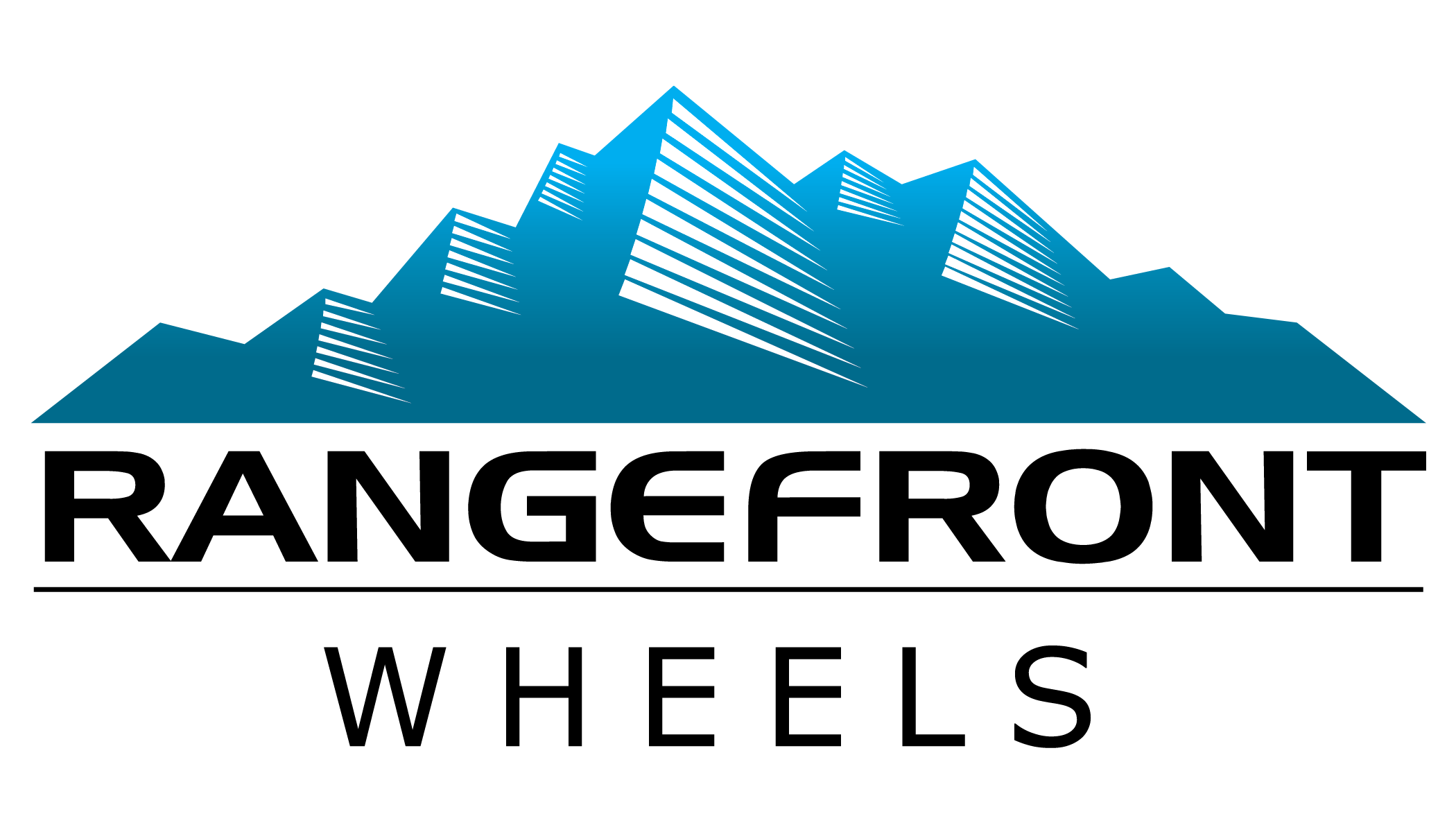Should I Buy or Rent a 3/4 -Ton Truck?
When it comes to heavy-duty trucks, the 3/4-ton segment stands out for its blend of capability, durability, and versatility. Trucks in this category, such as the Chevrolet Silverado 2500HD, Ford F-250, and Ram 2500, are designed to handle significant towing and payload capacities that exceed the needs of average consumers.
Deciding whether to buy or rent a 3/4-ton truck involves a comprehensive analysis of one's long-term needs, financial considerations, and the intended use of the vehicle. This article delves into the nuances of this decision-making process, catering to both individual consumers and businesses that require a high level of utility from their vehicles.
Who Should Consider Buying a 3/4 Ton Truck?
1. Construction Businesses and Contractors
For those in the construction industry, owning a 3/4-ton truck can be a prudent investment. The capacity to haul heavy equipment, such as small machinery, large tools, and bulk materials, is indispensable. The cost of renting can quickly add up, making ownership a more economical choice in the long run. Additionally, the ability to customize the truck to suit specific needs, such as adding toolboxes or a service body, adds value that rental options cannot offer.
2. Farming and Agricultural Use
Farmers and ranchers benefit significantly from the capabilities of a 3/4-ton truck. The need to transport livestock, feed, and equipment across varied terrains makes the power, durability, and off-road capability of these trucks essential. The frequency of use and the long-term requirement for such a vehicle make purchasing a more sensible decision than renting.
3. Recreational Users with Heavy Towing Needs
Individuals or families who frequently engage in recreational activities requiring heavy towing, such as hauling large travel trailers, boats, or horse trailers, might find a 3/4-ton truck indispensable. For those who partake in these activities regularly, the convenience of owning a truck outweighs the costs and logistics of renting.
4. Small Businesses with Diverse Operational Needs
Small businesses that operate across various sectors—ranging from landscaping to delivery services—might find the versatility of a 3/4-ton truck aligns with their needs. The ability to handle substantial payloads and towing requirements, coupled with the flexibility to serve multiple purposes, makes purchasing a practical choice for businesses looking to streamline operations and reduce costs.
Who Is Better Off Renting a Heavy-Duty Truck vs. Buying?
1. Occasional Users
Individuals or businesses that require the capabilities of a 3/4-ton truck for sporadic tasks are likely better off renting. For those who need it for periodic heavy-duty tasks, such as moving large items or towing heavy loads a limited number of times a year, renting a truck offers a cost-effective solution without the commitment and expenses of ownership.
2. Project-based Operations
Many businesses, such as mining and mineral exploration, operate on a project-to-project basis, where the demand for heavy-duty vehicles fluctuates significantly. Renting trucks provides the flexibility to adjust the size of the vehicle fleet in response to the specific needs of each project, ensuring that resources are optimized without the financial burden of idle assets during off-peak periods.
3. Financial Considerations
The initial investment required to purchase a 3/4-ton truck can be considerable. Additionally, ownership entails ongoing costs such as maintenance, insurance, and depreciation. Renting, on the other hand, allows businesses to manage their finances more predictably, transforming a potential capital expenditure into an operational one. This flexibility can be particularly valuable for businesses looking to maintain liquidity and allocate resources more effectively.
4. Access to Modern Technology
Renting offers the opportunity to utilize trucks equipped with the latest technology, safety features, and fuel efficiencies. This is an attractive proposition for any business looking to leverage modern advancements without committing to the recurrent expenses of updating owned vehicles. It ensures operational efficiency and compliance with evolving regulatory standards.
5. Adaptability to Geographic and Operational Needs
Operations that span different geographical locations may require a fleet with diverse capabilities. Renting allows businesses to select vehicles tailored to the specific requirements of each location, such as terrain adaptability and compliance with local regulations. This geographical and operational flexibility is streamlined through renting, avoiding the logistical challenges of transporting owned vehicles over long distances.
6. Reduced Maintenance and Downtime
The demanding nature of some projects can accelerate wear and tear on vehicles, necessitating regular maintenance and occasional repairs. The responsibility for maintaining rented trucks often falls to the rental company, which can significantly reduce downtime and operational disruptions for the renter. In case of mechanical failure, rental companies typically provide swift replacements, further minimizing impact on operations.
7. Meeting Regulatory and Environmental Standards
With regulations and environmental standards becoming increasingly stringent, ensuring compliance can be a moving target. Renting allows businesses to choose vehicles that meet the latest emissions standards or are equipped with features that minimize environmental impact, facilitating compliance and potentially avoiding penalties.
8. Businesses with Seasonal Peaks
Businesses that see significant fluctuations in demand, leading to varying requirements for heavy-duty truck use, might find renting to be the most sensible option. Renting allows for the flexibility to scale up or down based on seasonal needs, ensuring that the financial outlay matches the revenue potential.
Final Thoughts
The decision to buy or rent a 3/4-ton truck hinges on a detailed evaluation of individual or business needs, financial capacity, and the frequency of use. For those with consistent, long-term needs, purchasing a 3/4-ton truck offers the advantages of customization, availability, and potential cost savings over time. Conversely, renting provides flexibility and financial efficiency for occasional users or those with variable demands. Whether opting to buy or rent, the key is to align the choice with strategic considerations, ensuring that the vehicle serves as a valuable asset or tool in achieving personal or business objectives.
